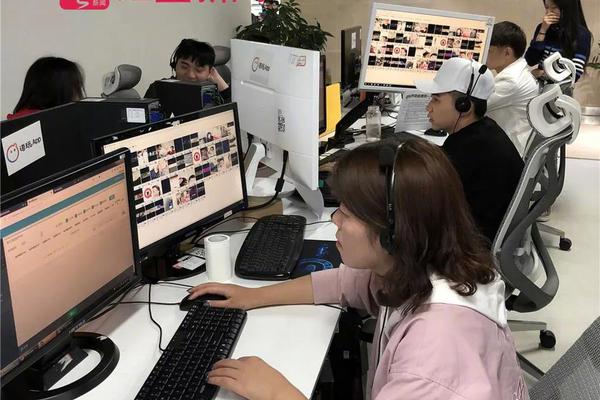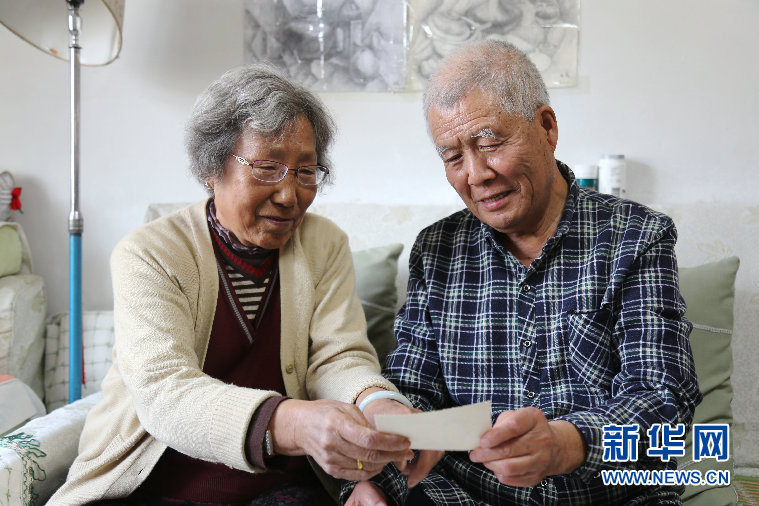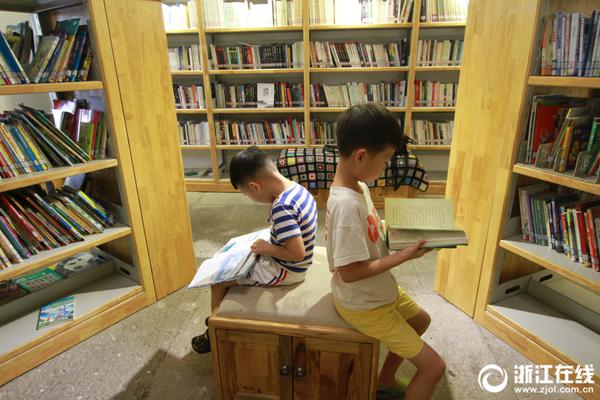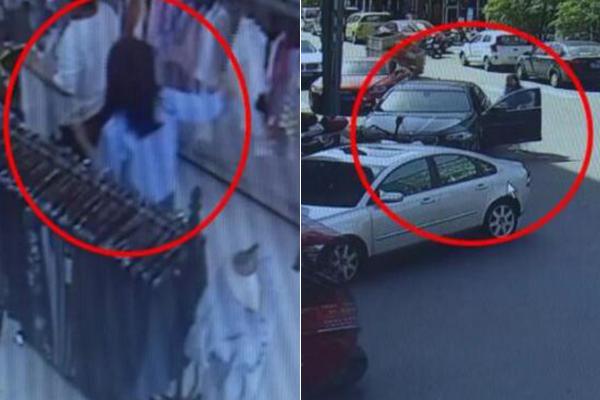
By ELLEN ENDO, Rafu Shimpo
The perception that Asian Americans and Pacific Islanders are “white adjacent” was dismissed as deceptive on June 13 during a meeting that brought key leaders from the city’s AAPI communities together with Christopher P. Lu, U.S. Ambassador to the United Nations for U.N. reform and manabgement.
Hyepin Im, founder of Korean Churches for Community Development, called for an end to the perception that AAPIs are “white adjacent.” Im blames data aggregation, the practice of combining statistics from multiple AAPI ethnic groups, thereby skewing numbers that may show AAPIs statistically doing better than they actually are.
Lu, who is in town to give the commencement address at Santa Monica College, was invited by Los Angeles Mayor Karen Bass to meet with the AAPI representatives. In addition to a call for data disaggregation, the meeting brought to light issues such as the lack of AAPIs in decision-making positions, persistent anti-Asian hate, language access, and economic disparities among various groups within the AAPI population.
It was also noted that of the 24 million people of Asian descent in the U.S., slightly less than 1% of the elected leaders at all levels of government are AAPI.
Glenn Osaki, senior advisor to the president of the University of Southern California, was joined by Esther Kim, assistant professor of education, in providing an overview of where AAPIs stand today.

Lu pointed out that, while the number of Laintx business owners increased 13% and Black ownership increased by 3% during the pandemic (January 2019-December 2021), AAPI business ownership decreased by 4%.
James An of the Korean American Federation of Los Angeles added that deficiency in language access most often prevented AAPIs from applying for low-interest loans and grants during the pandemic.
Lu pointed to the Congressional Asian Pacific American Caucus, its chair, Rep. Judy Chu of Monterey Park, Sen. Tammy Duckworth of Illinois, and others who are continually working to address concerns faced by AAPI. In the pursuit of solutions to these issues, Lu advised, “We need to call out politicians within both parties.”
During his public service career, Lu has worked in all three branches of the federal government. From 2014 to 2017, he served as U.S. deputy secretary of labor. From 2009 to 2013, he served as White House Cabinet secretary and assistant to the President Barack Obama.
The son of immigrants, Lu was only the second Asian American in history to become a deputy secretary of any Cabinet department.
Previous:Love Is the Punch Line
 Oshogatsu Celebrations on Jan. 1
Oshogatsu Celebrations on Jan. 1
 March Madness: How to stream USC vs. Michigan State
March Madness: How to stream USC vs. Michigan State
 Twitter turns off SMS 2FA today if you don’t pay for Twitter Blue
Twitter turns off SMS 2FA today if you don’t pay for Twitter Blue
 ChatGPT is down. What we know.
ChatGPT is down. What we know.
 ‘Lives Interrupted’ to Air on PBS SoCal
‘Lives Interrupted’ to Air on PBS SoCal
 Online reading resources to encourage youth literacy for International Read to Me Day
Online reading resources to encourage youth literacy for International Read to Me Day
 Chinese billionaire funding conservative social network GETTR arrested for crypto fraud
Chinese billionaire funding conservative social network GETTR arrested for crypto fraud
 'Quordle' today: See each 'Quordle' answer and hints for March 19
'Quordle' today: See each 'Quordle' answer and hints for March 19
 Major Haiku Conference Set for Long Beach
Major Haiku Conference Set for Long Beach
 Google makes more Fitbit health data free to non
Google makes more Fitbit health data free to non
 FaZe batter Gambit to advance to IEM Katowice semi
FaZe batter Gambit to advance to IEM Katowice semi
 Wordle today: Here's the answer, hints for March 18
Wordle today: Here's the answer, hints for March 18
 Even Willem Dafoe experiences fear of failure, and other lessons from 'Inside'
Even Willem Dafoe experiences fear of failure, and other lessons from 'Inside'
 10 big ways 'Shadow and Bone' Season 2 is different from the books
10 big ways 'Shadow and Bone' Season 2 is different from the books
 Pasadena JCI Hosts Akabeko Fundraiser
Pasadena JCI Hosts Akabeko Fundraiser
 Apple's iOS 16.4 has a cool feature that can make cellular calls better
Apple's iOS 16.4 has a cool feature that can make cellular calls better
 Spotify's TikTok
Spotify's TikTok
 Trump is back on YouTube and using Facebook again
Trump is back on YouTube and using Facebook again
 Tajiri’s Touch and Talk at Gallery Mujo
Tajiri’s Touch and Talk at Gallery Mujo
 'Quordle' today: See each 'Quordle' answer and hints for March 16
'Quordle' today: See each 'Quordle' answer and hints for March 16
Coronavirus forces people battling addiction to get support onlinePowerbeats 4 launch just in time to spice up your quarantine workoutsHooked on 'The Circle'? Give 'The Circle Brazil' a whirlVentilator manufacturers aren't impressed by Elon Musk's offerEminem's 'Lose Yourself' is the perfect mindfulness anthem. Yes, really.How to fight loneliness during coronavirus social distancingFacebook, Google, Twitter and others join forces to fight coronavirus fake newsRace organizers and athletes turn to simulators amid coronavirusApple TV+ joins Netflix in reducing European streaming qualityNetflix to cut stream quality in EU amid coronavirus bandwidth fears SFVJACC Scholarship Award Recipients Announced Nikkei Progressives Statement on Council Controversy Wakata and 3 Others Begin 5 L.A. Fundraiser for Hawaii Congressional Candidate Zoom Event: ‘Mapping Lost Little Tokyo East’ Dr. Jack Fujimoto Square to Be Dedicated in Sawtelle Japantown Rep. Chu Calls for Probe into Kei AAPI Leaders Address L.A. City Council Firestorm Newsom Signs Muratsuchi’s Catalytic Converter Bill In Racial Comment, Trump Attacks ‘China
0.1623s , 9969.0546875 kb
Copyright © 2025 Powered by 【ピノキオ ポルノ映画】U.N. Ambassador Lu Talks Equity with Local AAPIs,Global Hot Topic Analysis